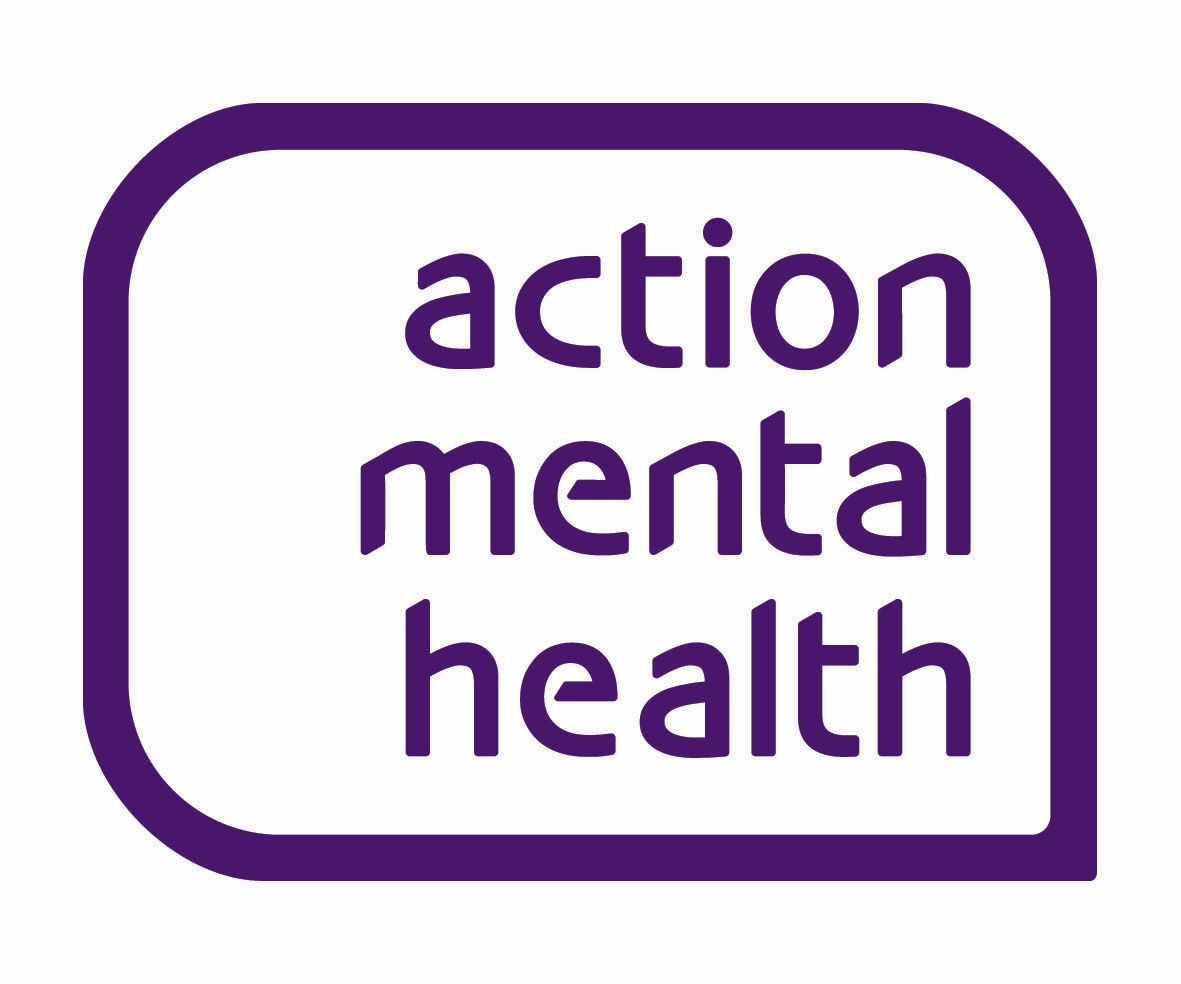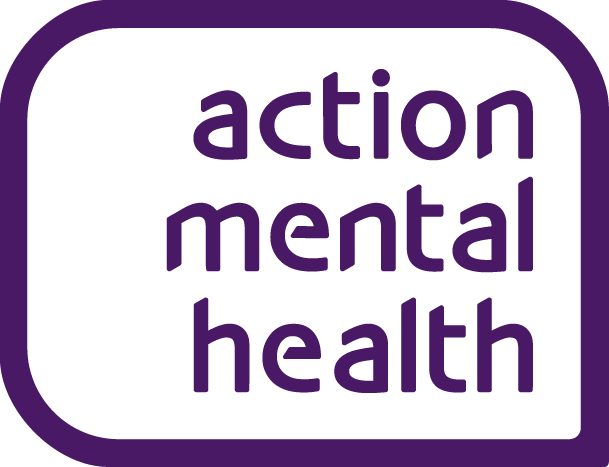Time to Talk Day: 6 steps to check in with colleagues about mental health
How would I know if someone is struggling with their mental health?
No two people
with a mental health condition will present in exactly the same way and it’s
important not to make assumptions about what someone may be experiencing.
However, if you notice that someone doesn’t seem themselves, their behaviour
has changed, or they’ve said something in conversation that may indicate that
they are struggling, it’s always worthwhile to check in! You can find further
information of signs and symptoms of specific mental health conditions within
the ‘factsheets’ tab of the resource section, however some common signs to look
out for in the workplace include:
- Appearing withdrawn or disengaged
- Increased lateness and/or absences
- Low mood or changes in mood
- Reduced productivity, missed deadlines, difficulty completing tasks
- Negative self-talk
- Significant anxiety and/or overwhelm
- Panic attacks
- Expressing feelings of hopelessness
- Overworking and/or frequently bringing work home
- Physical symptoms such as headaches, digestive issues or weight gain/loss
- Visible signs of anxiety/stress such as trembling or sweating
What should I do if I’m worried about a colleague?
Struggling with mental ill-health can be an isolating journey. Choosing to check-in with a colleague you are concerned about can be an important first step in helping them to access support. Here are a few tips to help you to have that conversation:
Consider how to start the conversation:
It’s important
not to make assumptions about what a colleague is experiencing. Instead, choose
a private space to start the conversation. It can be helpful to get out of your
workplace- whether that’s by inviting the person for a walk with you or asking
them to join you for lunch. It’s often best to start with an observation and
let your colleague lead the conversation. For example:
- “I’ve noticed you’ve been quiet recently. I wanted to check in and see how you are?”
- “I know you’d mentioned about feeling overwhelmed recently. How have you been coping with that?”
- “You haven’t quite seemed yourself recently. Is everything okay?”
Respect boundaries:
You may find that the person doesn’t want to talk or isn’t quite ready yet- that’s okay! By checking in, you’ve let your colleague know that you care and they may choose to come back to you for support at some stage in the future.
Prioritise listening:
For many of us, we want to offer advice when someone tells us that they’re struggling. Try to resist the urge to offer quick fixes or directional guidance. For many people struggling with their mental health, they have tried many different tools and strategies already. The most powerful thing we can do to support someone is to listen without judgement. Try to create time where you’re unlikely to be interrupted and focus on maintain warm eye contact and body language. To encourage the person to feel comfortable opening up, you may try using open questions like “how does that impact you?” and “can you tell me a little bit more about that?”.
Avoid assumptions:
Perhaps you’ve previously undergone training in mental health or you have a personal experience that has furthered your understanding of mental ill-health; as a result, you may pick up on signs or symptoms that are indicative of a specific mental health condition such as depression or anxiety. Despite this, your role is to listen and support rather than diagnose or treat. If an individual has not disclosed a specific mental health condition, try to stay away from saying things such as “it sounds like you have depression” or “you definitely have an anxiety disorder”. Instead, try focusing on what the person is feeling and experiencing. For instance, “That sounds like a really frightening experience” or “You’ve had a really challenging time recently, it’s understandable that you feel overwhelmed”.
Affirm their decision to open up:
Opening up about mental health can be challenging or scary. An individual may be concerned that disclosing their mental health challenges may cause you to judge or think differently of them. Where appropriate, it can be helpful to affirm that they have made the right decision in having this conversation. For instance, you may say something like “I can see how scared you were to talk to me about this, but I’m glad you did” or “I know you said you’re worried I’ll judge you for this. But I want you to know that I’m not judging- this is not your fault and I’m here to support you”.
Signpost to expert help:
Whilst you can provide support and a listening ear to colleagues, there are many instances where an individual may benefit from professional services. You may wish to bring this up by saying “I know getting help can feel daunting, but have you looked into the different support services available?”. During this conversation, it can be useful to have a list of signposts available- you can find these within the “help and support” section of the Hub. When signposting we would always recommend that you reference at least one 24/7 support service, such as Lifeline, to ensure that the individual can access support even if other services are closed. When signposting, try to present a range of support options, remembering that every person’s recovery journey may look different.

